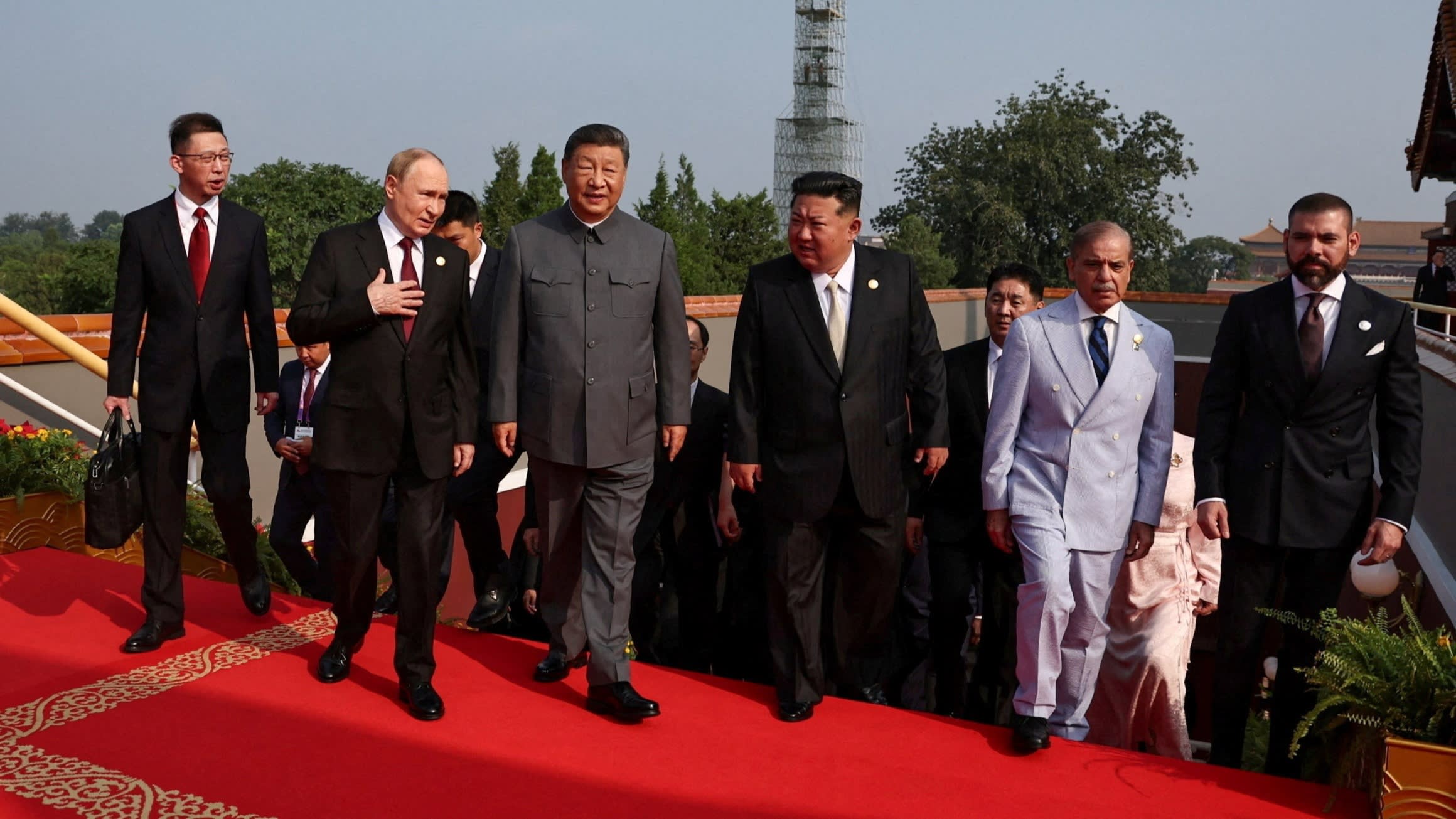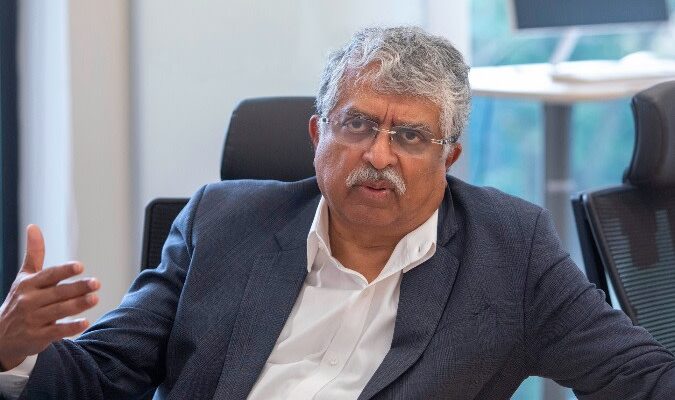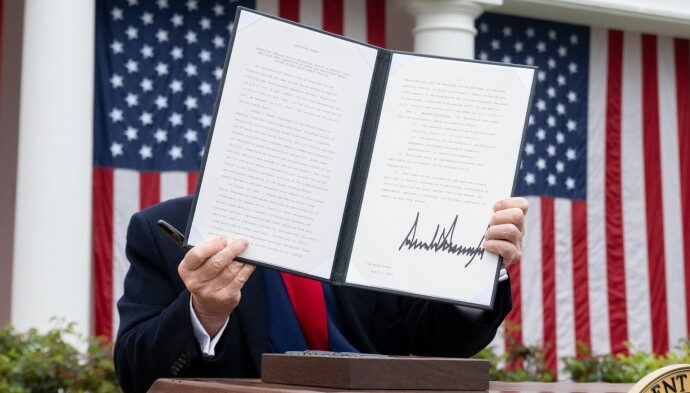
Unlock the White House Watch newsletter for free
Your guide to what Trump’s second term means for Washington, business and the world
China’s President Xi Jinping has had a tremendous week. He hosted a well-attended international security summit and presided over a lavish military parade that showcased cutting-edge military kit ranging from hypersonic missiles to shipborne laser weapons. The Shanghai Cooperation Organisation meeting and commemoration of the 1945 defeat of Japan are together unmistakable, and unignorable, demonstrations of China’s growing power — and of its ambition to remake the global order.
Speaking from the Gate of Heavenly Peace, where in 1949 Mao Zedong announced the founding of the People’s Republic, Xi declared China’s rejuvenation “unstoppable”. He insisted his nation was unafraid of threats of violence, and warned that humanity once again faced a critical choice of “peace or war”. As his columns of tanks and drones rolled past, the Chinese leader was flanked by Russian President Vladimir Putin and North Korean dictator Kim Jong Un. US President Donald Trump was reduced to posting sardonic congratulations from the social media sidelines. His pique was perhaps deepened by a sense that the grand Chinese proceedings might have outshone his own military parade in Washington in June.
Xi casts China as the central player in the second world war defeat of Japan and a vital defender of a postwar order based on international institutions, law and free trade that is now threatened by the mercurial Trump. At the SCO summit, the Chinese president announced what he called a “global governance initiative” founded on principles including “sovereign equality”, “international rule of law” and “multilateralism”. Speaking to more than 20 national leaders who joined him in the northern city of Tianjin, Xi said China was ready to “resolutely safeguard the fruits of our victory in the war, and to deliver more benefits to all of humanity through reform of the global governance system”.
It is an offer that will resonate with many nations appalled by Trump’s assault on trade, bullying of loyal US partners and willingness to threaten the territorial integrity of allies such as Canada and Denmark. But the appeal of Xi’s vision is illusory. While he talks of respect for other nations’ sovereignty and commitment to the progress of human civilisation, he stands in solidarity with Putin, author of the brutal invasion of Ukraine, and Kim, a third-generation despot whose troops are helping the Russian campaign.
China is happy to interfere in other countries’ affairs when it feels its interests are threatened. It appears more interested in dominating international institutions than making them more democratic. And for all its espousal of free trade, it maintains high walls around its own strategic sectors.
Xi’s support of a more “multi-polar” international order means in essence a world in which strong nations and their strongmen can carve out spheres of influence where they can largely do as they wish. This may not be so different from the world as seen by Trump, though Xi believes Chinese influence will grow as that of the US declines.
Such a world is not inevitable. Lack of battle experience and a purge of senior officers means China’s military might may not be as powerful as Wednesday’s parade suggested. Though national leaders from across Asia and other regions flocked to China this week, many will privately fear a substitution of the hegemony of a democratic US with one imposed by a communist China. The collapse of American international leadership that has begun under Trump may yet be reversed. If it is not, other nations and blocs — particularly the EU, which consistently punches below its weight — should prepare to play a greater role in international affairs. The world does need a new global order, but not one designed by Xi Jinping.


